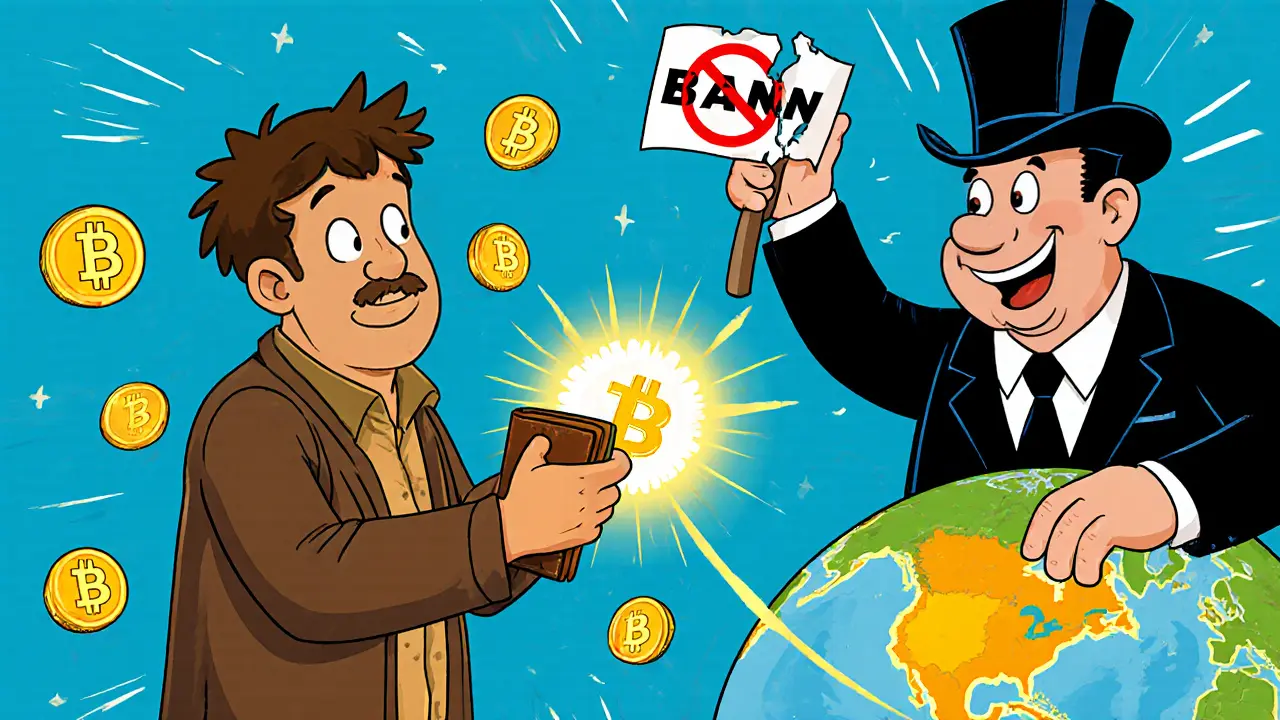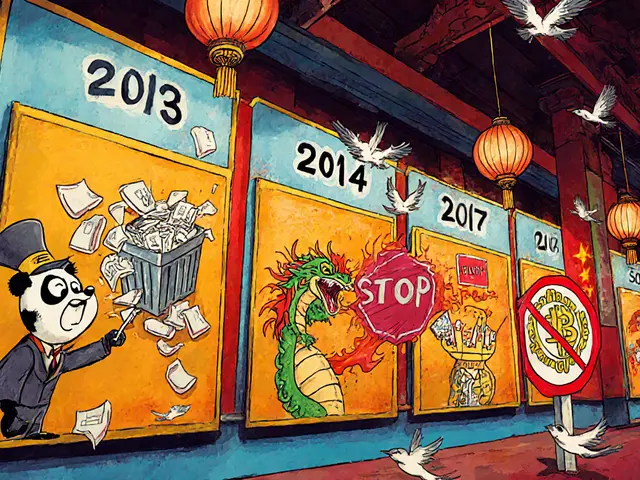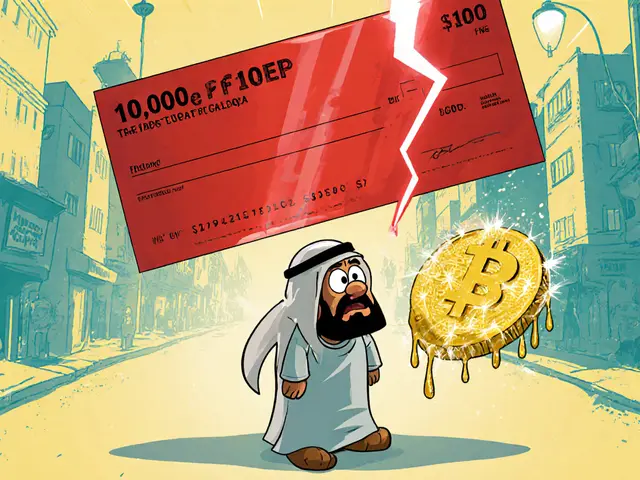Central Bank of Bolivia crypto: What You Need to Know About Crypto Regulation in Bolivia
When the Central Bank of Bolivia, the government’s primary financial authority responsible for monetary policy and currency control. Also known as Banco Central de Bolivia, it has taken one of the strictest stances on digital currency in Latin America. In 2014, it issued a formal ban on all cryptocurrency transactions, declaring them illegal under Bolivian law. The bank argued that crypto posed risks to financial stability, enabled money laundering, and bypassed state control over the boliviano. Unlike other countries that tried to regulate Bitcoin or create their own digital currency, Bolivia chose total prohibition — no exchanges, no wallets, no mining. This made it one of the few nations in the world to outright ban crypto.
But bans don’t always stop demand. Even with heavy penalties and bank account freezes for crypto users, many Bolivians still trade Bitcoin and Ethereum through peer-to-peer networks, Telegram groups, and cash-based deals. Some use foreign platforms like Binance or Paxful, sending money via Western Union or cash deposits to avoid detection. The cryptocurrency ban, a legal restriction that prohibits the use, exchange, or mining of digital assets within a country’s borders. hasn’t killed crypto — it just pushed it underground. Meanwhile, neighboring countries like Argentina and Brazil have taken more open approaches, letting people trade freely while applying taxes and reporting rules. Bolivia’s rigid stance makes it an outlier, and it’s created a black market for digital assets that’s hard to track and even harder to regulate.
The central bank digital currency, a digital form of a nation’s fiat currency issued and controlled by its central bank. is the only digital money the government allows — and even that hasn’t launched yet. Plans for a state-backed digital boliviano have been discussed since 2020, but progress stalled due to political instability and lack of funding. Without a real alternative, people keep turning to crypto anyway. The result? A country where owning Bitcoin is technically a crime, but where thousands still do it — quietly, carefully, and at risk.
If you’re in Bolivia or planning to move there, you need to know: crypto isn’t legal, but it’s not dead. The Central Bank of Bolivia still monitors banks and financial institutions closely, and if you’re caught trading, you could face fines or even criminal charges. But if you’re just holding crypto for personal use, the chances of getting caught are low — as long as you don’t use local banks or exchanges. This isn’t about freedom or technology — it’s about control. And for now, Bolivia is betting that control will win over adoption. Below, you’ll find real stories, legal breakdowns, and workarounds used by people who live in this gray zone — because when a government says no, people find a way.







Categories